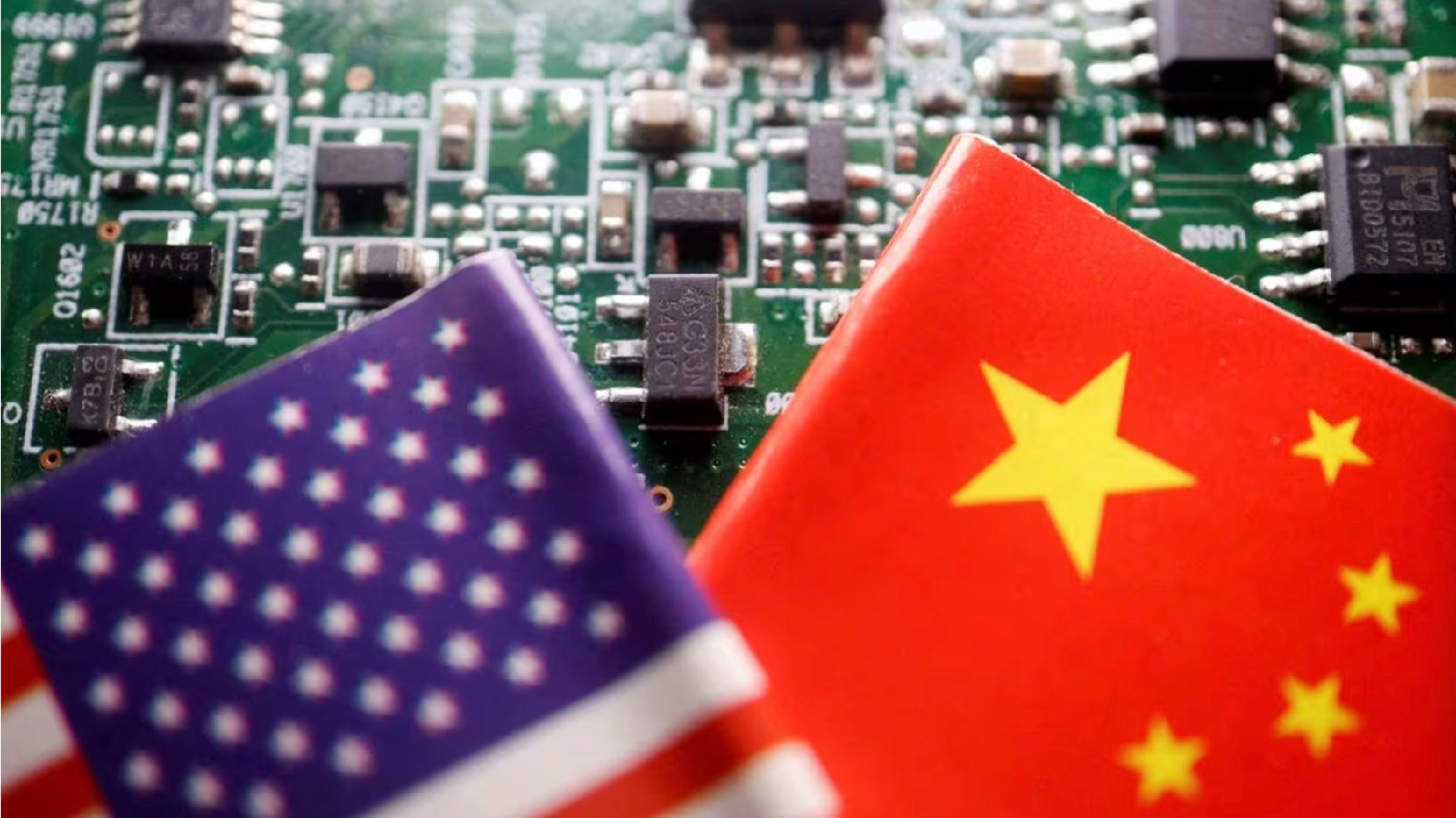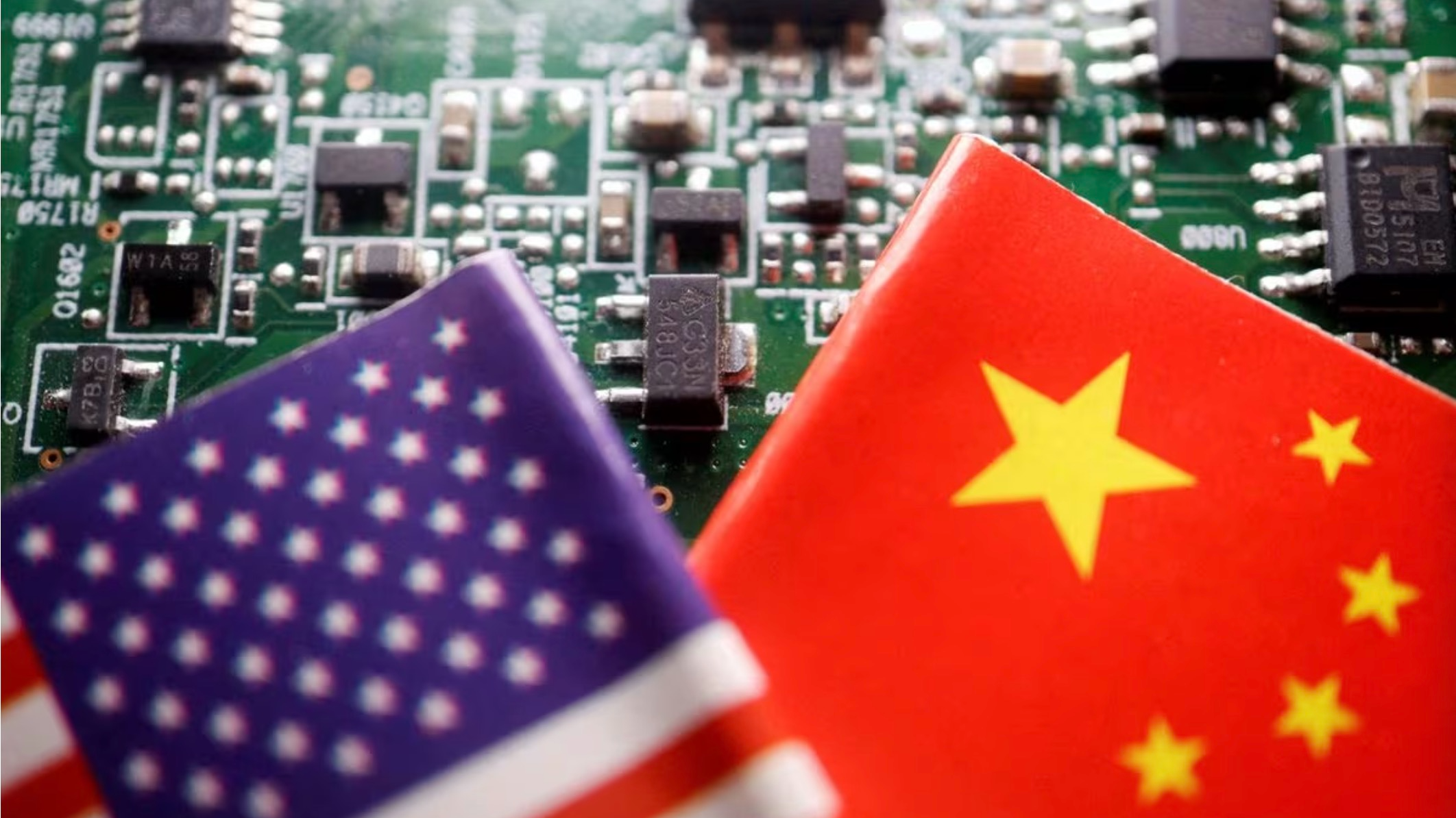U.S. export curbs force Teradyne to pull $1b manufacturing from China
Teradyne, a supplier of semiconductor testing equipment, pulled manufacturing worth about $1 billion out of China after U.S. export regulations led to supply chain disruptions, Reuters reported, citing a company spokesperson on Monday.


Teradyne, a supplier of semiconductor testing equipment, pulled manufacturing worth about $1 billion out of China after U.S. export regulations led to supply chain disruptions, Reuters reported, citing a company spokesperson on Monday.
A factory in Suzhou City, east China's Jiangsu Province, was the company's main manufacturing site for the semiconductor testing equipment, which it subcontracted to Flextronics.
For the three months that ended October 1, 2023, the Chinese mainland accounted for 12 percent of its revenues versus 16 percent for that quarter a year earlier. Massachusetts-based Teradyne moved its production out after U.S. rules issued in October 2022 restricted exports to semiconductor manufacturing facilities there.
Teradyne, which reported earnings on Tuesday, warned investors in its 2022 annual report about the potential impact of the October regulations and, in October 2023, said the restrictions hit both Teradyne's sales to certain companies in China and its manufacturing and development operations.
Teradyne's director of global compliance and ethics, Brian Amero, told a virtual export conference about the move out of China on January 26. "We did manufacturing in China, so we had to get an emergency authorization to continue that activity," Amero said at the Massachusetts Export Center's annual export expo. "We decided that was too risky, so we moved manufacturing out of China at no insignificant expense."
Amero also said some suppliers would not ship to the company, despite its authorization, leading to supply chain disruptions. "While Teradyne had not been a 'direct target' of the rules, the company had been significantly impacted by them. And we're seeing that show up in market share," said Amero.

The story of Teradyne's frustration is just one chapter in this unfolding saga. The U.S.'s containment of China's semiconductor industry has not only harmed China's semiconductor industry but also done great harm to American semiconductor companies.
As U.S. sanctions become increasingly stringent, especially in 2023, many foreign companies are considering moving their industrial chains out of China. The first to bear the brunt was Apple. In addition to significantly reducing the number of suppliers on the Chinese mainland, the company is also considering making its original equipment manufacturer (OEM) factories assemble and produce in other countries and regions.
China is Apple's largest market, accounting for roughly 20 percent of the company's 2023 sales, according to CNN. Losing this market would be a major blow to the company's bottom line and could harm its growth prospects, insiders said. The company has a complex supply chain in China, with thousands of suppliers and manufacturers. Pulling out of China would require finding new partners and setting up new production lines, which could be costly and time-consuming.
China's huge market demand has made some foreign companies seek a balance between China and the U.S., pressuring the U.S. government to repeal the ban to protect the interests of enterprises and core competitiveness.
For example, the American company NVIDIA continues developing products that comply with the regulations of the Chinese market even after the U.S. tightened export restrictions. Its CEO, Jensen Huang, has repeatedly emphasized the importance of the Chinese market, promising to deepen cooperation with Chinese enterprises.
Dutch lithography machine manufacturer ASML is another "victim" of the U.S. ban, as the Chinese market accounts for a significant portion of ASML's business. According to data, the company exported about 100 lithography machines to China in 2022 alone.
The company's Chief Financial Officer (CFO) Roger Dassen said in a recent interview that in 2023, the U.S. export controls had affected 10 to 15 percent of their sales in the Chinese market, and they believed the impact would be the same in 2024. "However, we can still see strong demand in the mature process markets of the end markets," said Dassen.
Sanctions are a double-edged sword, as the sanctions imposed by the U.S. on China's semiconductor industry are hurting the two simultaneously. Although, to a certain extent, it can slow down the development of China's semiconductor industry, it will definitely harm the interests of domestic companies in the U.S. and those in other regions.
Teradyne and many other American companies have relied on partnerships with Chinese manufacturers for years, leveraging their cost-effectiveness and growing technical prowess. With these avenues constricted, the U.S. chip industry faces potential supply chain disruptions and higher manufacturing costs.
To China's semiconductor industry, sanctions also have two sides. On the one hand, domestic companies may not be able to obtain the most advanced chips, semiconductor equipment and other products. On the other hand, it is also an incentive and opportunity for Chinese domestic companies to boost self-development.
Discover more Science and Technology news updates in TROIB Sci-Tech












